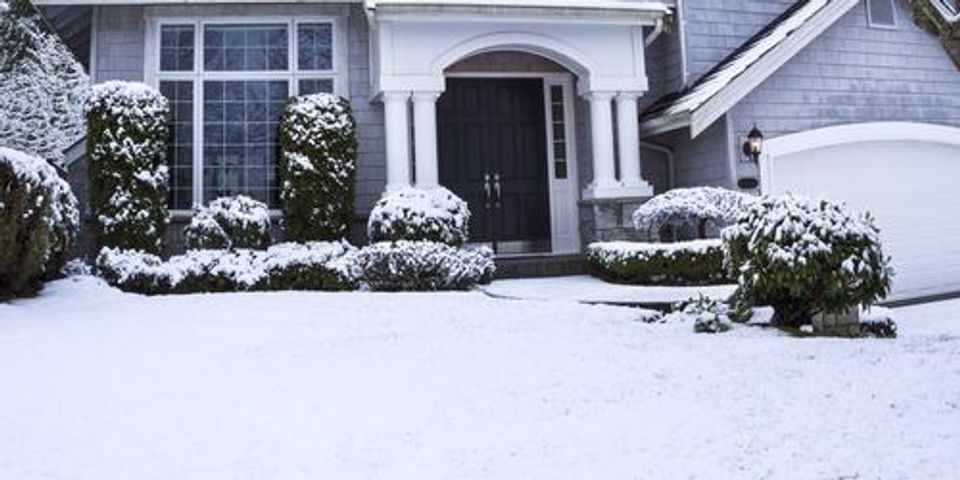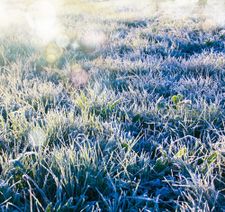Lawn Care Experts on How Winter Weather Affects a Lawn

Winter weather in Ohio is often grim. The temperatures regularly drop below freezing, and the state receives more than its share of snow and ice. Because of that, some homeowners wonder how this weather affects their lawn. Nature Plus Lawn & Irrigation, the premier lawn care service in West Chester, OH, has the answer, and explains what you need to know in the sections below.
How Does Winter Weather Affect Your Lawn?
 Typically, grasses lay dormant in the winter, which means they turn brown and appear dead, even though they are not. However, because freezing temperatures turn moisture to ice, it cannot reach the roots to water your lawn. This can result in areas of desiccation and damage. Moreover, frost can turn the blades of grass brittle and make them easy to break. Another hazard is snow mold, a fungus that affects grasses in early spring as they lie beneath a blanket of melting snow. It appears as a series of yellow, circular patches wherein the grass appears matted, grayish and covered with fungal growth.
Typically, grasses lay dormant in the winter, which means they turn brown and appear dead, even though they are not. However, because freezing temperatures turn moisture to ice, it cannot reach the roots to water your lawn. This can result in areas of desiccation and damage. Moreover, frost can turn the blades of grass brittle and make them easy to break. Another hazard is snow mold, a fungus that affects grasses in early spring as they lie beneath a blanket of melting snow. It appears as a series of yellow, circular patches wherein the grass appears matted, grayish and covered with fungal growth.
How Do You Minimize Winter Lawn Damage?
If possible, level out the depth of snow across your lawn so that it melts evenly and doesn't prevent areas from receiving much-needed sunlight. Don't walk on the lawn immediately after a frost to avoid breaking or damaging brittle grass blades. In general, a healthy lawn is better able to withstand the effects of cold weather, so it helps if you keep the grass properly fertilized and irrigated with the correct lawn care products all year-round.
If you seek lawn services from an experienced lawn care professional, contact the team at Nature Plus Lawn & Irrigation in West Chester, OH. Serving customers throughout Hamilton, Butler, Warren, and Clermont Counties, they can keep your lawn healthy through all four seasons. Visit their website to submit an online scheduling request, or call (513) 755-9434 to discuss your options.
About the Business
Have a question? Ask the experts!
Send your question

